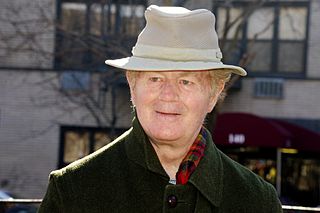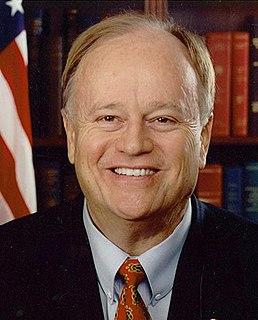A Quote by Evan Osnos
A generation ago, American war planners made the mistake of believing that short-term Communist sympathies would unite China and Vietnam. We were wrong, and it tragically misshaped our policy in Vietnam.
Related Quotes
Most of us who were opposed to the war, especially in the early '60's - the war we were opposed to was the war on South Vietnam which destroyed South Vietnam's rural society. The South was devastated. But now anyone who opposed this atrocity is regarded as having defended North Vietnam. And that's part of the effort to present the war as if it were a war between South Vietnam and North Vietnam with the United States helping the South. Of course it's fabrication. But it's "official truth" now.
It is a key fact about American policy in Vietnam that the withdrawel of American troops was built into it from the start. None of the presidents who waged war in Vietnam contemplated an open-ended campaign; all promised the public that American troops would be able to leave in the not-too-remote future. The promise of withdrawel precluded a policy of occupation of the traditional colonial sort, in which a great power simply imposes its will on a small one indefinitely.
Vietnam was the defining event for my generation. It spilled over into all facets of American life - into music, into the pulpits, in churches of our country. It spilled over into the city streets, police forces. And even if you were born late in the generation, Vietnam was still part of your childhood.
I think that the war on drugs is domestic Vietnam. And didn't we learn from Vietnam that, at a certain point in the war, we should stop and rethink our strategy, ask ``Why are we here, what are we doing, what's succeeded, what's failed?'' And we ought to do that with the domestic Vietnam, which is the war on drugs.
Every book that comes out, every article that comes out, talks about how - while it may have been a "mistake" or an "unwise effort" - the United States was defending South Vietnam from North Vietnamese aggression. And they portray those who opposed the war as apologists for North Vietnam. That's standard to say. The purpose is obvious: to obscure the fact that the United States did attack South Vietnam and the major war was fought against South Vietnam.
I volunteered 35 years ago to go to Vietnam and the guy I was running against got out of going to Vietnam with a trick knee! I was an author of the homeland security bill, for goodness' sake! But I wasn't a rubber stamp for the White House. That right there is the epitome of what's wrong with American politics today!
I was always convinced that decent people in the case of Vietnam, highly intelligent, decent people, got us involved because they had made, in part, a misjudgment about the nature of the communist system and the unity of the communist world and the degree to which the experience of Europe could be repeated in Vietnam.
The U.S. directed the war against South Vietnam. There was a political settlement in 1954. But in the late '50's the United States organized an internal repression in South Vietnam, not using its troops, but using the local apparatus it was constructing. This was a very significant and very effective campaign of violence and terrorism against the Vietminh - which was the communist-led nationalist force that fought the French. And the Vietminh at that time was adhering to the Geneva Accords, hoping that the political settlement would work out in South Vietnam.
We understand that Nixon's aggression against Vietnam is a racist aggression, that the American war in Vietnam is a racist war, a white man's war...We deplore that you are being used as cannon fodder for U.S. imperialism. We've seen photographs of American bombs and antipersonnel weapons being dropped, wantonly, accidentally perhaps, on your heads, on the heads of your comrades.































